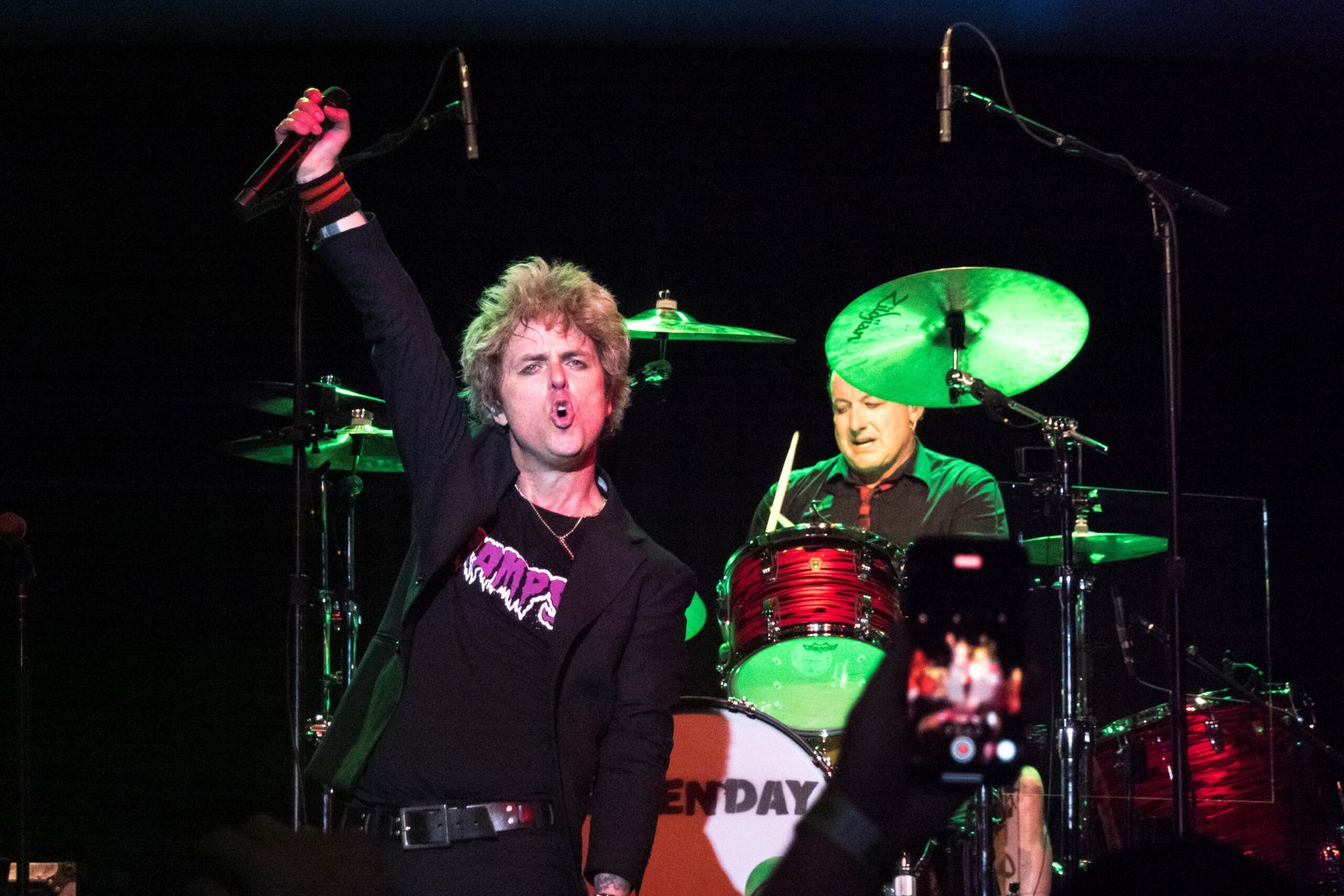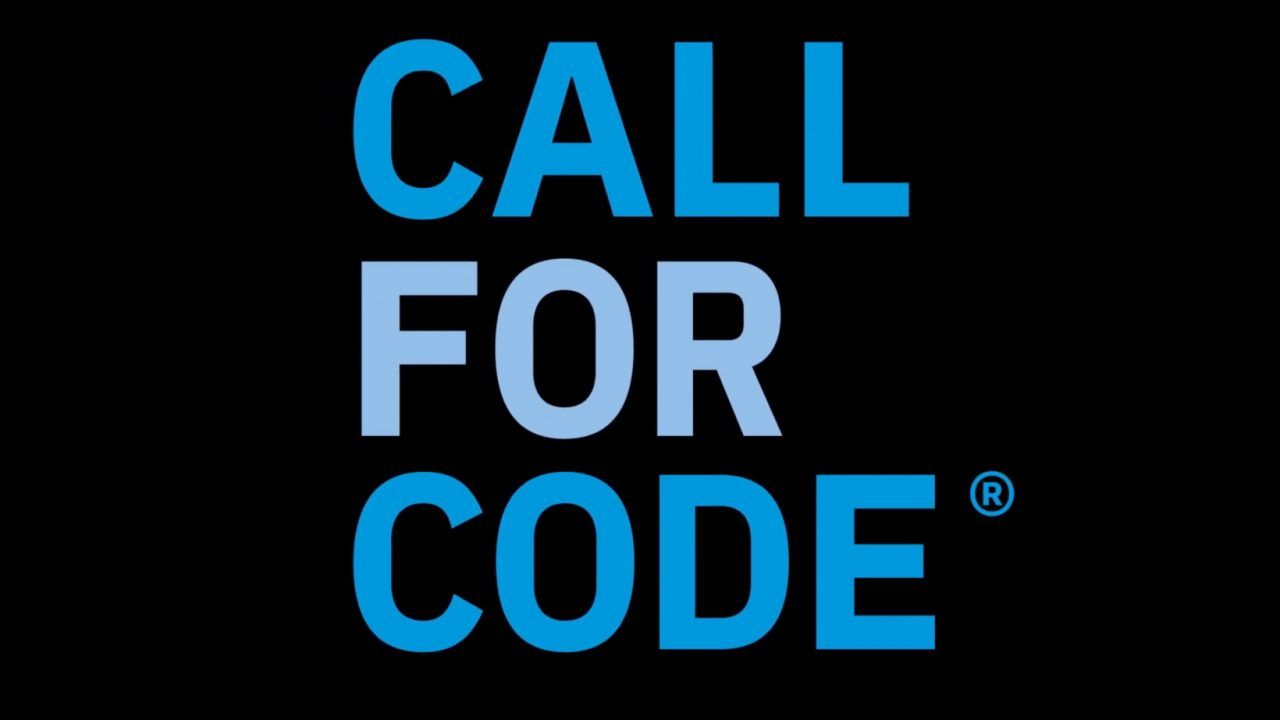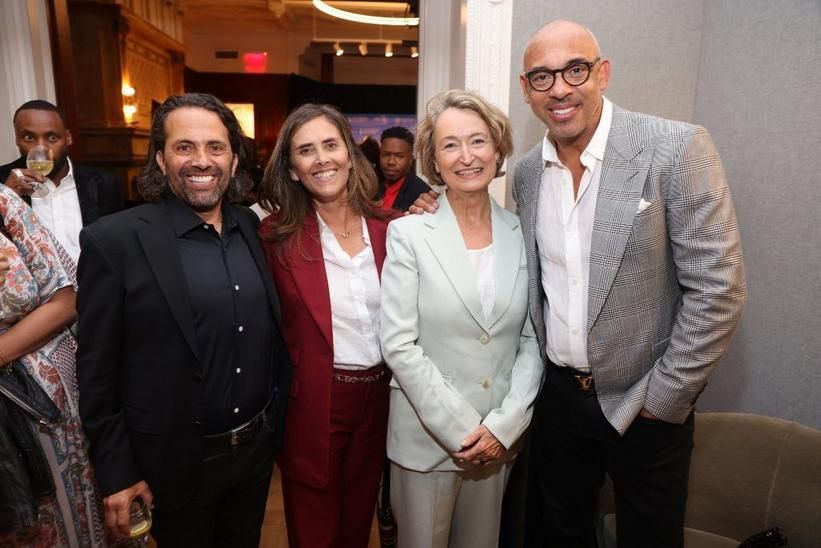Mary Robinson, former president of Ireland, chair of The Elders and former U.N. special envoy on climate change, left, provides the keynote speech to a nearly full house on the second day of the Right Here Right Now Climate Summit at the Glenn Miller Ballroom in the University Memorial Center on the CU Boulder campus on Saturday. (Glenn Asakawa — University of Colorado)

Companies have obligations to their shareholders, employees and customers, but do they have any broader obligation to society at large?
For too long, the answer has too often been no, said panelists at the United Nations’ Right Here, Right Now Global Climate Summit hosted this weekend by the University of Colorado Boulder.
A shift in the way corporations and their leaders view their role and responsibilities is necessary to make a meaningful climate impact.
For industrialized nations, those most responsible for creating the climate crisis, the question leaders must grapple with is “whether our mindsets sees business as part of society or separate from society,” Resilience Capital Ventures LLC CEO Gillian Marcelle said during Saturday’s panel called “The Responsibility of Business and Industry to Respect Human Rights in the Context of Climate Change.”
Businesses must be seen as partners in our society with the same responsibility to do the right thing as any global citizen, she said.
“By and large, corporate America is going to do what’s profitable. … The transition to a carbon-free world is only going to happen if we change the incentives for corporate actors and make it clear to them that they can’t continue to engage in business practices that are destroying the environment,” said Monte Tarbox, executive director of investments for the National Electrical Benefit Fund, which provides pension benefits to International Brotherhood of Electrical Workers union members.
Companies that engage in climate-destructive business activities are driven by a short-term profit motive and refuse to make any sacrifice for the global good, Marcelle said. But “if they don’t take those (climate-sustainability) actions, then human civilization itself is threatened.”
These types of corporations often pay lip service to sustainability while continuing to engage in environmentally harmful activities.
Energy companies “are all about greenwashing,” Tarbox said. “In their heart of hearts, they don’t really want to do anything different. They want to pump, refine and sell as much as they can before society tells them they can’t do it anymore.”
On the other hand, he said, car companies, based on their economic self-interest, are “busting their hump trying to bring us electric cars that we’re willing to buy.”
Investors, by requiring certain sustainability efforts of the companies they fund, can help provide the economic incentive companies often demand before doing the less-profitable but more-conscientious thing, panelists said.
“We can’t tell corporations how to operate, but we can nip at their heels and create expectations and create guidelines,” Tarbox said.
Techstars Chief Legal Officer and Senior Vice President of Business Affairs Stacy Carter said her accelerator and investment platform is now offering sustainability training for all of its startups, which are in a phase of business growth where adopting green practices is most effective.
“When companies are at the five- to 10-person stage, they can start thinking about responsibility to the planet and be able to integrate that so much more easily than when they’re at the 50- (to) 100-person stage,” she said.
As economies transition away from carbon, there are, of course, industries and workforces that will be negatively affected.
“We need to think about reskilling, upskilling, alternative opportunities” to position workers for success in a green economy, said Caroline Rees, president and co-founder of Shift, a nonprofit organization that works with companies on responsibility and human rights initiatives.
This article was first published by BizWest, an independent news organization, and is published under a license agreement. © 2022 BizWest Media LLC.










